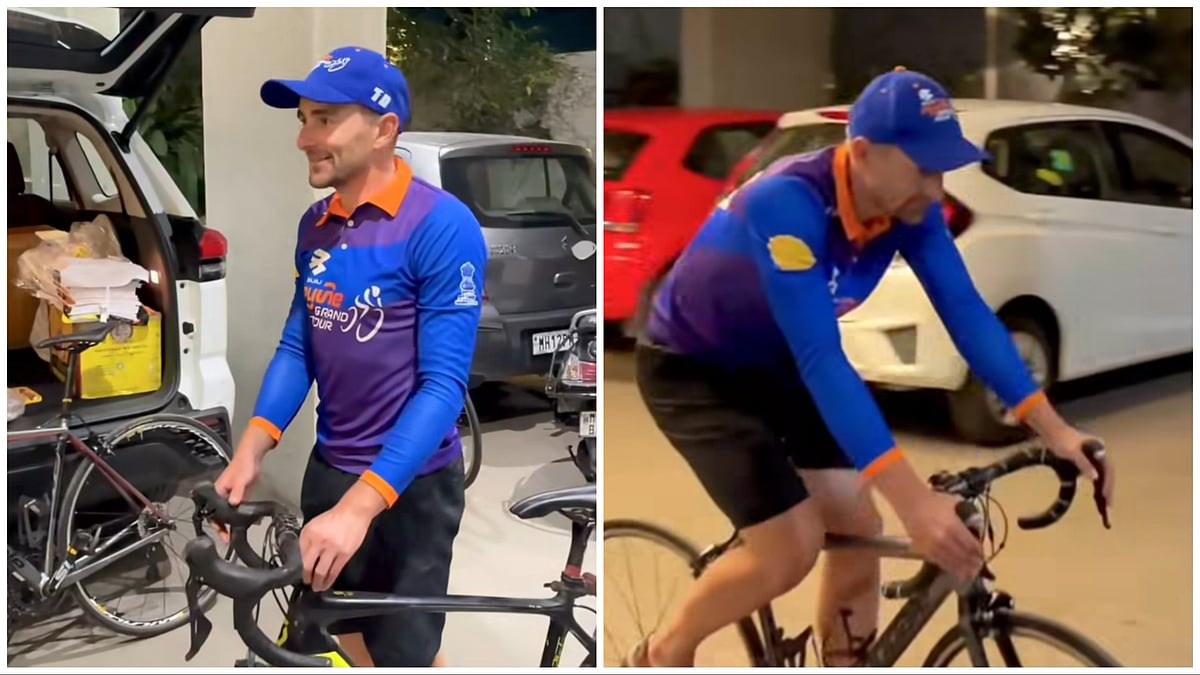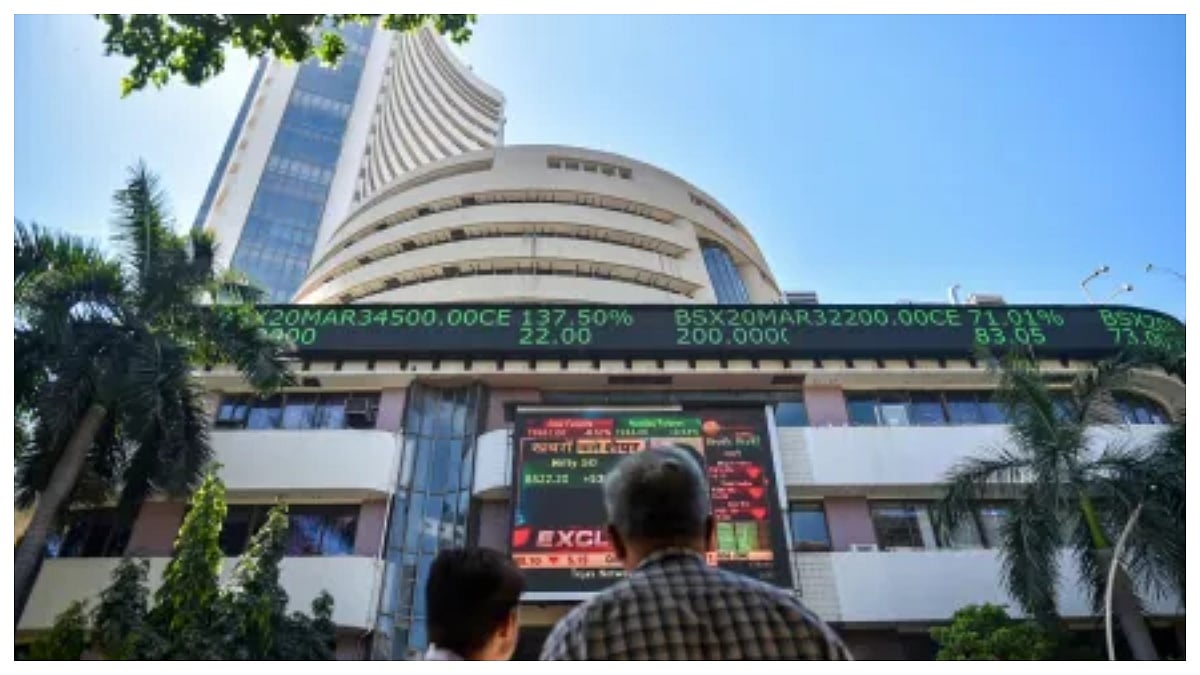The Maharashtra Cyber Cell and Mumbai Police's Cyber Wing have appealed to the citizens to practice caution while shopping online this festive season. With the onset of Diwali, the online festive sales are picking up pace, giving a chance for criminals to fill the cyberspace with a variety of fraudulent offers. Police have categorically asked shoppers to ignore the various messages/emails sent by cyber fraudsters as it may lead to phishing or other frauds.
With the Novel Coronavirus pandemic induced lockdown digitizing all the shopping aspects, many people will now give in to online shopping of apparels, appliances for the festival of lights. The cyber crooks have already geared up to dupe netizens and devised a strategy by sending out misleading emails under the pretext of cashback offers, shopping coupons, gift cards and others offered by leading retail giants, simply to get access to your banking details, which normally catches the eye of a common man.
Cyber criminals tend to keep a track of recent search trends and offer deals like flash sales, heavy discounts and make fraudulent websites. After clicking on these fraudulent websites, one might put the user's computer as well as his personal and financial information in danger. "These emails come with a link, and as soon the user clicks on these links, it will take him to bogus online shopping sites which could be identical to leading shopping portals. Once the payments are made, these gangs shut the websites and float new ones," said an expert.
Cybercriminals take advantage of the fact that there is no authority to check the authenticity of the website and ensure it is not a copy of a leading shopping portal. "It hardly takes a few thousand rupees to create a website and get a payment gateway. Fraudsters replicate any website and start a fraud by either sending bulk messages to customers or boosting their reach through sponsored links on social media," cyber police said.
Sharing some precautionary tips, police said people should check the website link whether it’s Hyper Text Transfer Protocol Secure (https) and always give a close eye to the details. The website could be a fake one, with identical markers to fool the customer,









